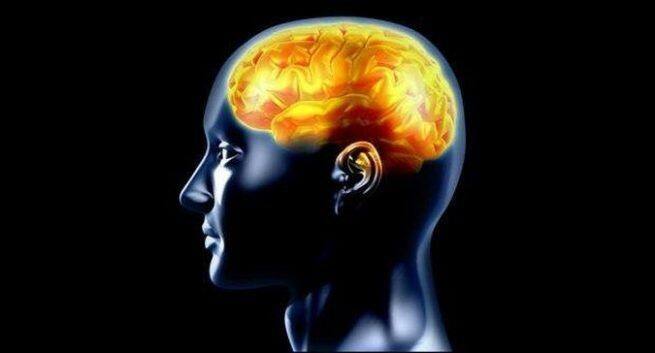
Pornography and poor decision-making: Are they connected?
Turns out that watching pornography rewires your brain to a juvenile state, impacting many cognitive skills including judgement. It can also trigger compulsive behaviour.
by IANSResearchers have found that watching pornography erodes an important region of the brain, rewiring it into a juvenile state. Studies show people who regularly watch adult entertainment often develop damage to the prefrontal cortex, the brain region that controls morality, willpower and impulse control, according to Rachel Anne Barr, researcher at Canada’s Universite Laval.
Related Stories
- Do you watch pornography at work? You may end up behaving unethically, says study
- Young people who watch pornography are more likely to sexually abuse other children or youngsters
- Is child pornography one of the biggest triggers of child abuse?
The research suggests porn could cause users to struggle with their emotions and impulses, possibly leading to compulsive behaviour and poor decisions, reports dailymail.co.uk.
“It’s somewhat paradoxical that adult entertainment may revert our brain wiring to a more juvenile. The much greater irony is that while porn promises to satisfy and provide sexual gratification, it delivers the opposite,” Barr was quoted as saying.
With the internet, live-action porn became available on demand. And the demand is insatiable, with 33.5 billion hits on Pornhub, the biggest free porn site, in 2018.
The thirst for increasingly vivid sex scenes within seconds is so strong that it has, in fact, been a major driver behind technological advances, the study said.
“Science is only just beginning to reveal the neurological repercussions of pornography consumption. It is already clear that the mental health and sex lives of its widespread audience are suffering catastrophic effects,” Barr said.
“From depression to erectile dysfunction, porn appears to be hijacking our neural wiring with dire consequences,” Barr added. According to dailymail.co.uk, Barr and her team has observed porn’s powerful impact on neural wiring, which can affect human behaviour.
“The properties of video porn make it a particularly powerful trigger for plasticity, the brain’s ability to change and adapt as a result of experience,” Barr said.
“Combined with the accessibility and anonymity of online porn consumption, we are more vulnerable than ever to its hyper-stimulating effects,” she said.
In the long term, pornography seems to create sexual dysfunctions, especially the inability to achieve erection or orgasm with a real life partner.
“Marital quality and commitment to one’s romantic partner also appear to be compromised,” she said.
According to the researchers, porn users may start to see porn as a quick fix for their sexual needs, rather than a person.
‘The desensitisation of our reward circuitry sets the stage for sexual dysfunctions to develop, but the repercussions don’t end there, studies show that changes in the transmission of dopamine can facilitate depression and anxiety,” Barr said.
The other compelling finding in this study is that compulsive porn consumers find themselves wanting and needing more porn, even though they don’t necessarily like it.